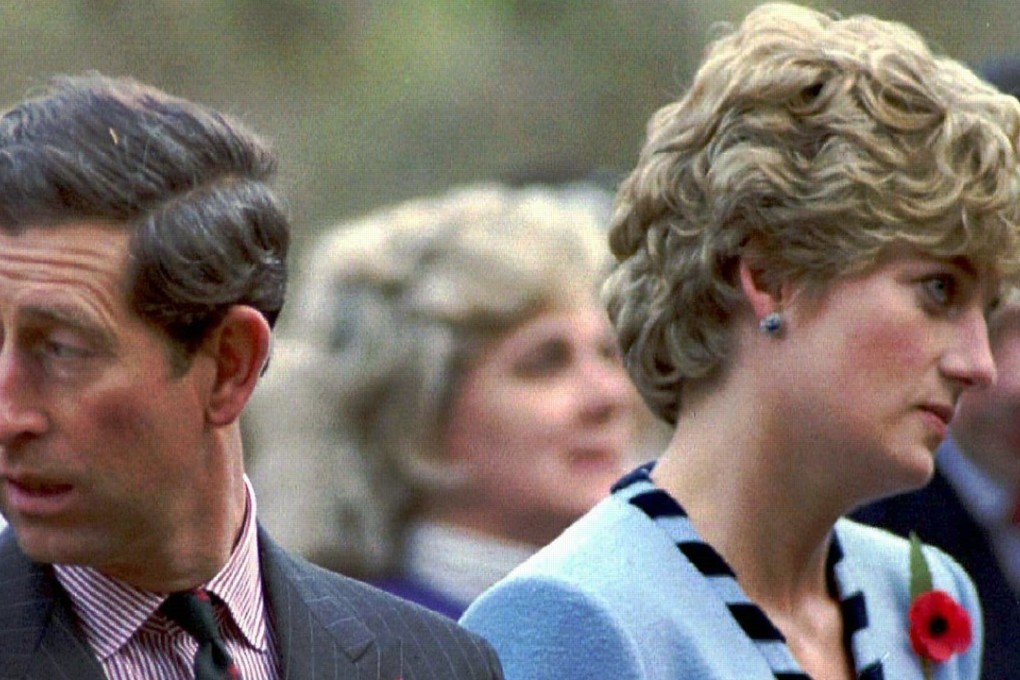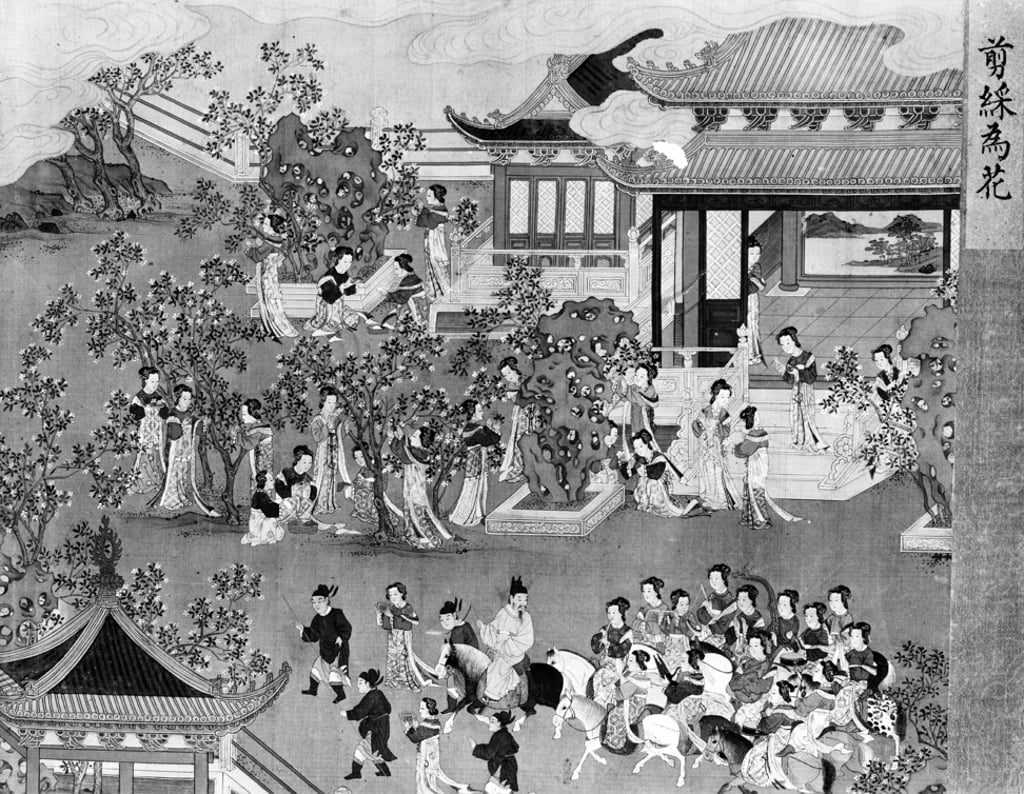Reflections | Why imperial Chinese princesses were not as lucky as the late Lady Diana
The Princess of Wales retained several privileges following her divorce from Britain’s Prince Charles but in imperial China once an empress fell out of favour with the emperor she would be lucky to be alive

The documentary Diana: In Her Own Words was aired in Britain last Sunday, ahead of the 20th anniversary of the death of the Princess of Wales, on August 31.
The film presents several new revelations about Diana’s life, one of which was how she went “sobbing” to her mother-in-law, Queen Elizabeth, once she was certain that her marriage was “loveless”.
Of course, Diana and her husband, Prince Charles, eventually separated, but her divorce settlement and some of the royal privileges she retained would have made many a high-born lady in imperial China seethe with resentment and envy.

The majority of royal marriages in China were arranged transactions orchestrated for the purpose of forming political alliances, consolidating power or producing a suitable male heir. While a handful of arranged marriages might have blossomed into genuine affection between man and wife, most did not.
In a society where polygamy was acceptable, the emperor or prince could simply marry other consorts if his wife did not please him or bear sons. In contrast, the empress or princess could do nothing but share her husband with other women, even as she found hollow consolation in her status as the “original spouse”.

